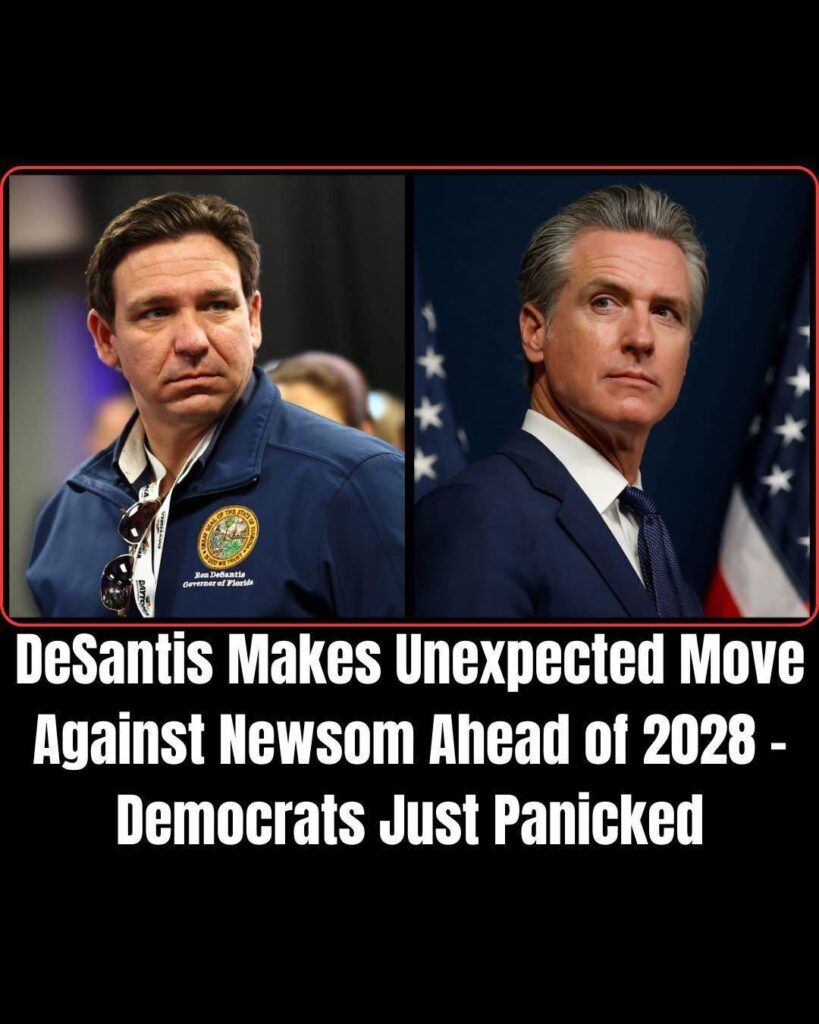
The state of Florida has taken California to the U.S. Supreme Court, arguing that California’s decision to issue commercial driver’s licenses (CDLs) to individuals residing in the country illegally has created unsafe conditions on America’s highways and violates federal trucking standards.
Florida Argues Safety and Federal Violations
In a petition filed Wednesday, Florida Attorney General James Uthmeier claimed that California’s policies are in direct conflict with federal law, which requires all commercial drivers to demonstrate English proficiency and pass federally approved safety evaluations.
Uthmeier said that California’s licensing practices “endanger drivers nationwide” and accused federal regulators of failing to enforce safety standards, forcing other states to deal with the consequences.
“We’re doing everything right here in Florida,” Uthmeier said in an interview. “But when states like California hand out licenses without proper verification, we’re left to deal with the fallout — including deadly crashes caused by unqualified drivers.”
Fatal Florida Crash Sparks Legal Action
The lawsuit follows a fatal August accident on Florida’s Turnpike, where a truck driver with a California-issued CDL caused a collision that killed three people.
Authorities identified the driver as Harjinder Singh, a 28-year-old undocumented immigrant from India. Investigators determined that Singh attempted to make an illegal U-turn in his tractor-trailer, leading to a multi-vehicle crash.
Officials later reported that Singh struggled with English and was unable to read highway signs — skills that federal law requires for all commercial drivers operating across state lines. Florida prosecutors argue that California’s decision to license drivers without verifying immigration or language qualifications directly contributed to the tragedy.
California’s Licensing Policies Under Fire
At the center of the lawsuit is California Governor Gavin Newsom’s policy that allows state agencies to issue licenses to applicants without verifying their immigration status.
Florida’s petition calls this a “reckless and unlawful practice” that not only violates federal transportation standards but also creates what it describes as an “interstate public nuisance.”
“California routinely hinders federal law enforcement efforts to uphold immigration and safety standards,” the filing reads. “Its actions undermine federal regulations and place lives at risk beyond its borders.”
Supreme Court to Hear the Case
Because disputes between states fall under the Supreme Court’s original jurisdiction, Florida’s case bypasses lower federal courts entirely. The state is asking the high court to block California from issuing CDLs to individuals who are not lawfully present in the U.S.
The suit also calls for clarification that federal transportation laws supersede state-level “sanctuary” policies that disregard immigration and language requirements for drivers.
Federal Response and Funding Cuts
The controversy has already prompted a response from Washington. U.S. Secretary of Transportation Sean Duffy announced that his department would withhold $40 million in federal highway funds from California, citing the state’s failure to comply with English-language testing requirements for CDL applicants.
Duffy said the Department of Transportation “cannot condone any state policy that weakens federal safety standards or endangers other states’ citizens.”
Political and Legal Implications
The case underscores a broader clash between red and blue states over immigration policy, state sovereignty, and public safety.
Florida Governor Ron DeSantis praised the legal action, saying that it was “about protecting Americans, not politics.” Meanwhile, California officials have defended their licensing policies as a matter of fairness and practicality, arguing that allowing undocumented residents to obtain licenses makes roads safer by ensuring more drivers are tested and insured.
Legal experts note that the Supreme Court’s decision could set a major precedent for how far individual states can go in setting their own licensing and immigration policies — especially when those policies affect interstate commerce.
“If the court sides with Florida, it could reshape how federal and state authority interact in areas like transportation and immigration,” said law professor Michael Latham. “If California prevails, it could reaffirm states’ autonomy in managing public safety within their borders.”
What Comes Next
The Supreme Court is expected to review the petition in the coming months. If the justices agree to hear the case, it could become one of the most closely watched state-versus-state legal battles in years — one that tests the limits of both federal supremacy and state independence in the nation’s increasingly divided policy landscape.
